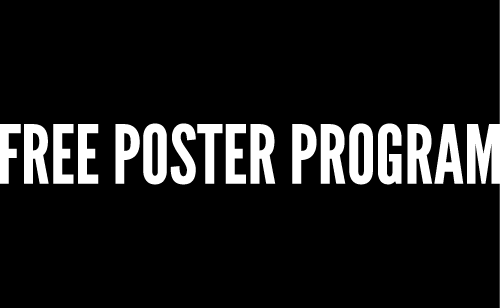'Martin Beyond Vietnam' Extension Questions
1. What can students infer from Do D.A.T's words, "I can't get beyond Vietnam, it's on my front lawn, same soldiers different uniforms"? What else from the track supports this inference? What are some examples of things said explicitly in the track? What about implicitly? (9/10 Lit, Key)
2. The legacy of Dr. King can be seen in several ways. Many people are familiar with other of his speeches such as the I Have a Dream speech. Why does Do D.A.T choose to rap about Dr. King’s Beyond Vietnam speech and how does his treatment of Dr. King differ from other accounts you have seen or heard?
3. In the second verse of Martin Beyond Vietnam, Do D.A.T. uses the verbs “conditioned” and “programmed” in consecutive lines.
- Why do you think Do D.A.T. used such similar verbs in such close proximity?
- What idea(s) does he convey with his word choice?
4. When talking about armed law enforcement in his neighborhood, Do D.A.T. says “I don’t even notice anymore, ‘cause I been militarized since I was four”.
- How can the normalization of militarized policing impact the perceptions and behaviors of residents of those communities?
- What are your experiences with armed law enforcement? How have those experiences shaped your perceptions and behaviors?
5. What Dr. King refers to as “the giant triplets of racism, extreme materialism, and militarism” are difficult topics to discuss.
- What are some obstacles in the way of discussing them?
- What are ways that we can nurture and support the ability for us to have sustained dialogue about difficult topics?
6. What can you infer from Do D.A.T's words, "I can't get beyond Vietnam, it's on my front lawn, same soldiers different uniforms"? What else from the track supports this inference? What are some examples of things said explicitly in the track? What about implicitly?
7. How does the inclusion of samples from Dr. King’s speech influence the narrative of the Martin Beyond Vietnam track? (9/10 Lit, Integration)
8. Why does Do D.A.T bring in parts of history (Dr. King and his Beyond Vietnam speech) to talk about the present (racism, militarized police, etc.)?
9. Do D.A.T describes something as "ironic" - what is he describing and what does he mean by "ironic"?
10. The lyrics in the track are carefully chosen - what is the effect of the Do D.A.T.’s word choice? For example, what does he mean by "sedated stupor"? What other language in the track is related to this metaphor? Is the artist's language effective? Why/why not? (11/12 Lit, C&S)
11. What are some of the opinions expressed in the Martin Beyond Vietnam track? (9/10 IT, C&S)
12. What concepts connect Dr. King’s Beyond Vietnam speech and Do D.A.T.’s Martin Beyond Vietnam lyrics?
13. Do D.A.T talks about "militarization" - what does he mean by this? What other political/social/economic issues are raised in the track and what are the words used to talk about them? (9/10 H&SS, C&S)
14. The Vietnam War, police brutality, and racism in the US are themes that come up in both Dr. King’s Beyond Vietnam speech and Do. D.A.T.’s Martin Beyond Vietnam lyrics - how have these issues come up in other school materials you have seen? (9/10 H&SS, Integration)
